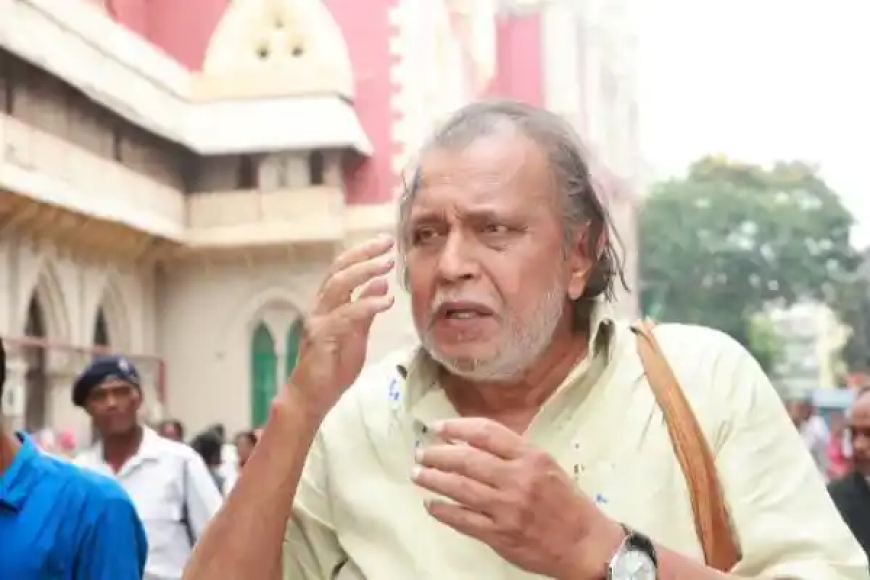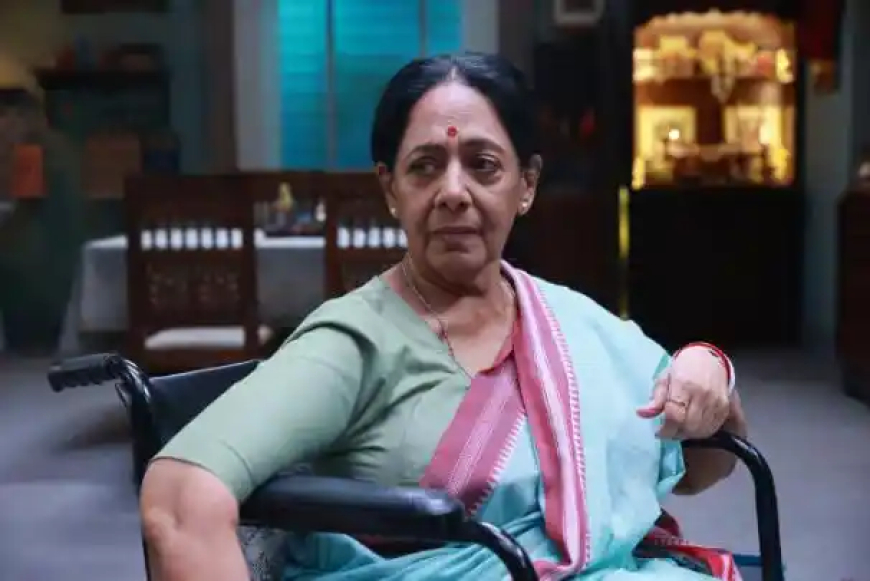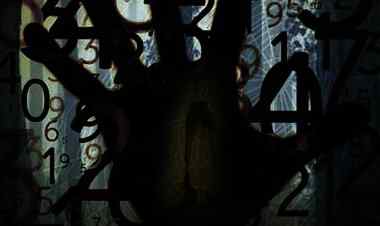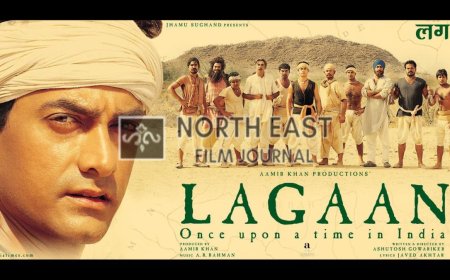IS AGEING A CRIME? SHONTAAN – A SOCIAL CRITIQUE ON THE AGEING AND THE AGED
Dr. Shoma A. Chatterji provides a thoughtful review of the Bengali film Shontaan, directed by Raj Chakraborty. The film portrays the neglect of elderly parents by their children, offering a powerful social critique on ageing and family dynamics.
The clock is ticking away. But it has also turned full circle. Salt and pepper is now being underlined in and through the language of cinema in a rainbow of colours. Perhaps, it was Mahesh Bhatt’s Saraansh that for the first time, probed into the mindset of a retired headmaster whose life takes a 180 degree turn when his only son is killed in a mugging incident in the US. But today, it is the box-office success of films like Baghban, Piku, Black and so on that has turned the clock around. The scenario seems to be changing in favour of senior citizens across the country. They are now taking centre stage in an active and productive way both in mainstream and parallel cinema. They are being portrayed not with the sympathy that they do not quite care for, but with credit being given to their just being there, as parents.
The latest to join the brigade to argue on behalf of the old and the elderly is the Bengali film Shontaan produced by SVF Films and directed by Raj Chakraborty who has given all kinds of audiences a wonderful film on the neglect of the aged by their adult and successful children.
Saradindu Bose (Mithun Chakraborty) is a retired senior citizen who lives with his wife Meghmala (Anasuya Majumdar) in a flat on an upper floor and without an escalator, Meghmala finds it difficult to negotiate the stairs and doctors prescribe an urgent knee surgery. But their son, an only child, Indraneel (Ritwik Chakraborty) does not bother about his ageing and relatively impoverished parents. He works as a high-powered, corporate guy and earns a six-figure salary every month but refuses to help in any way other than doling out a sum of Rs.15000 per month which hardly suffices to cover medical and other sundry expenses incumbent upon ageing parents.
The son and his wife lead a high-funda life filled with parties, foreign holidays and drinks spilling over but use the aged parents as baby-sitters when they want to step out. Maybe, the characterizations of Indraneel and Raya are a bit overstretched leading to melodrama but newspaper reports often report the mistreating of aged parents by their own children.
Saradindu’s frustration with the behaviour of his only son he brought up with so much care causing his wife to sell her entire jewellery to fund his education abroad, leads to anger and he takes his case to court, not for money but for the terrible, unimaginable humiliation he gets by his own son who drinks in his presence, calls him a total failure though he worked as an accountant and even a ‘beggar.’
Raj Chakraborty has structured the entire film as Saradindu narrating his entire story to his lawyer, an empathetic Indrani Sen (Subhasri Ganguly) and as he narrates the story of his humiliation by his own son, we are taken to flashbacks into the building up of a very bad relationship between the father and the son backed of course, by the son’s wife who hates the very sight of her in-laws for no reason at all.
The film could have dwindled down to a cheap family melodrama but did not. The main reason not to raise accusing fingers at the film is Mithun Chakraborty’s sterling performance as Saradindu Bose, the aged, weary and worried old man trapped between an ailing wife waiting for a surgery and his lack of finances to have the surgery done. Between these two issues is the issue of the way the only son treats his parents dismissing them as failures in life. Anusuya Majumdar, often marginalized despite being highly talented, gets a well-fleshed out role again, torn between her blind love for her son on the one hand and her husband fighting against the same son in court. The empathetic lawyer, Indrani Sen (Subhasri Ganguly) is also often caught between the father’s complaints and the son’s false explanations but never leaves the side of Saradindu though for a limited time, she chooses to back her son against her husband.
The setting shifts between and among the middle-class apartment in which Saradindu lives with his wife along with a plump maid (Sohini Sengupta), the plushly furnished apartment of Indranil and his wife and their little son in the first half of the film while the second half is taken over by the court case handled very well both by the director and the actors. The ‘black’ and ‘white’ characterisation of the two families supposed to be one, might seem too exaggerated but it is just a reflection of what is happening around us in an ever-changing world where grown children not only do not look after their parents but also look down on them and insult them not once but again and again. The music is kept in control and the songs are melodious and good that they are used sparingly. The editing often take “short-cuts” by skimming over housetops before cutting into the next scene but this is now a ‘regular’ in many Indian films.
This reminds one of a scene from Satyajit Ray’s Seemabaddha in which the hero, a corporate honcho, hides his old parents in a bedroom as there is a drinking party going on in the living room.
Ritwik Chakraborty who is as versatile as his looks are, is given a totally negative role and he handles it as only he can. Ahona Dutta as his wife Riya is too artificial. The opening frames catching the sindoor utsav on the last day of the Durga Pooja is just too formulaic to convince. Just as the tragic twist in the climax which could have been avoided. But then, large sections of the audience, mainly comprised of senior ladies, would not have come out with tears streaming down their lined and wrinkled faces, including yours truly.
*****
What's Your Reaction?



































































